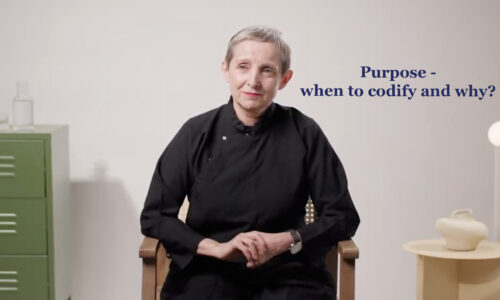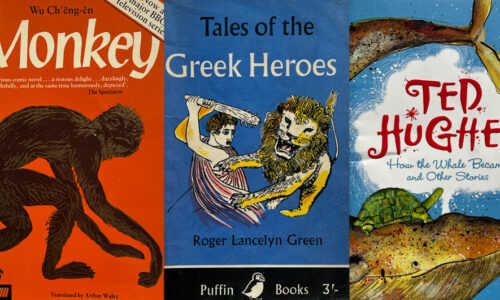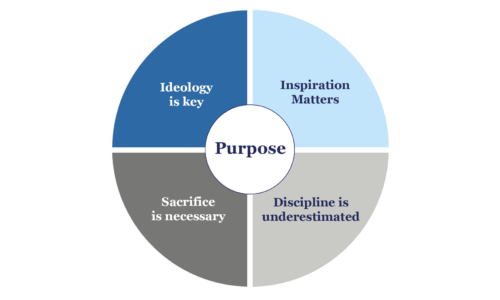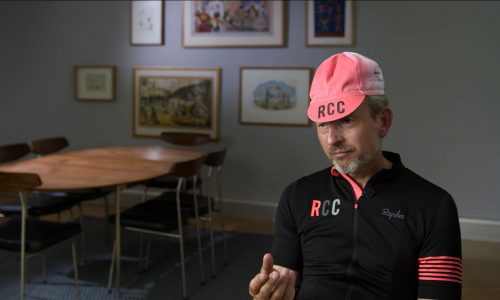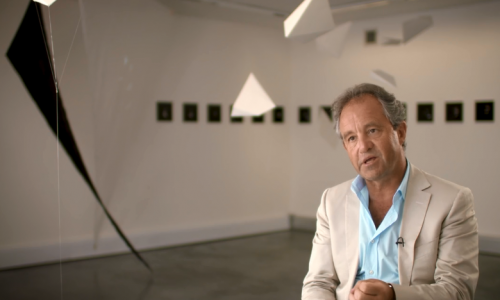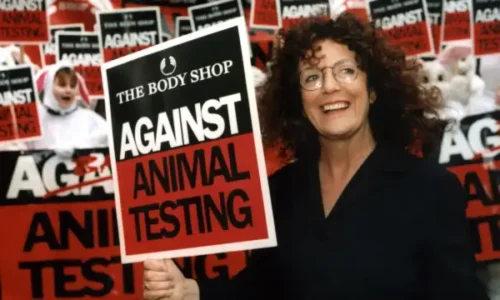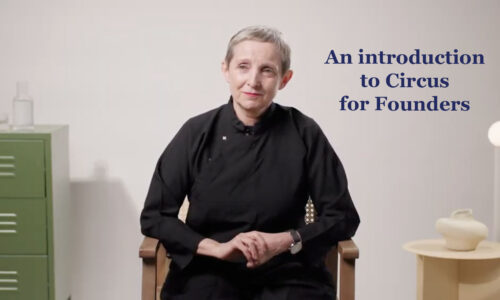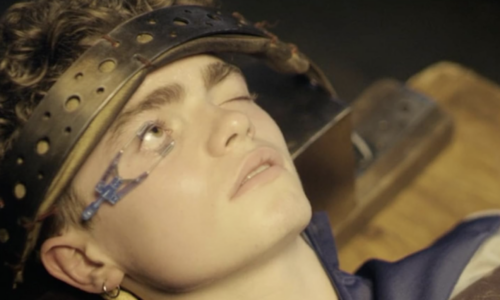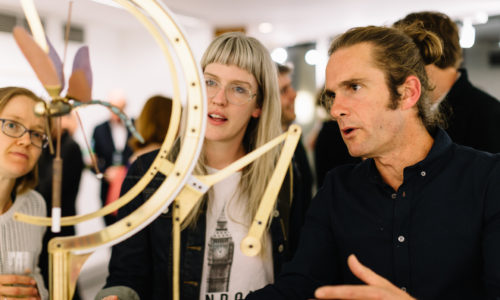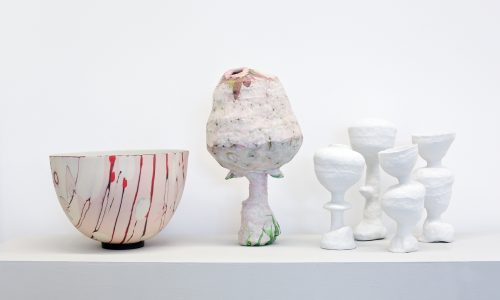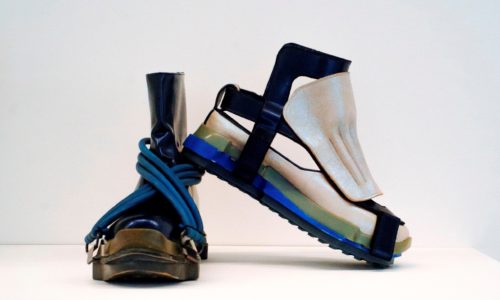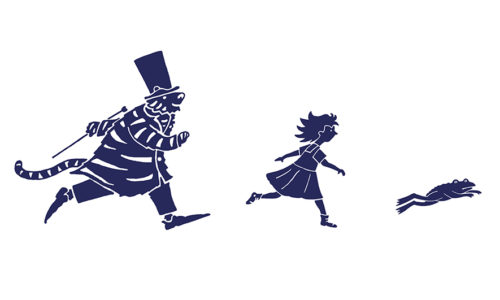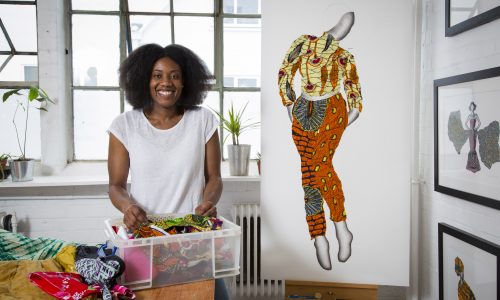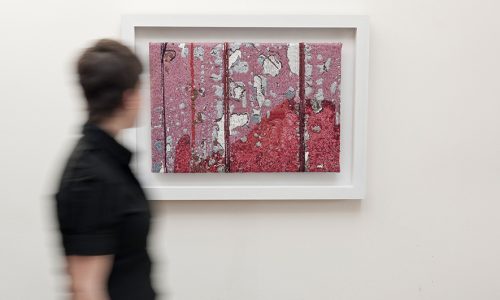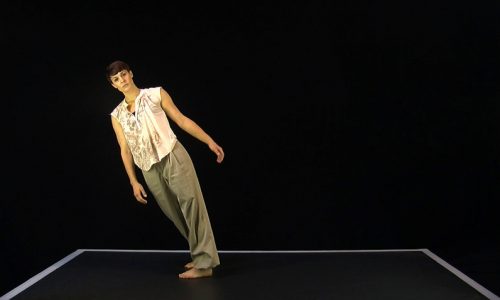Must buy stuff –
must not cause harm
“Shein doubles profits as it awaits IPO approval”
“Temu’s $0 fur boots are the bottom of the fast fashion barrel”
“Old unwanted clothes dumped in piles so big they can be seen from space”
A quick search of ‘fashion’ in the news bar paints an alarming picture. The rise of ‘ultra-fast fashion’ has pushed the industry to the top of inboxes and political agendas worldwide.
At Circus, we and our fashion clients are grappling with one of the great paradoxes of our time: we want to make beautiful, desirable things. We also don’t want harm people or planet.
Is it possible to marry these objectives?
And can we fight fashion’s many challenges with optimism and hope rather than cynicism and despair?
Saints and sinners
To our mind, there are obvious sinners in this story.
I watched ‘Brandy Hellville and the Cult of Fast Fashion’ over the weekend, feeling both disturbed by the film’s murky revelations and relieved to not have a teenage daughter in equal measures.
The film digs deeper into the themes raised by Business Insider’s 2021 exposé – namely racism and sexual exploitation – while casting its gaze more widely over the ‘opaque minefield’ of sustainable fashion.

As the Guardian notes, Brandy Melville has swerved issuing a glossy PR statement. It’s not learning, certainly not apologising – just making more clothes (size small only please).
As a brand, it seems happy to play the villain.
Are there saints in this particular story? Perhaps not.
But there are certainly those whose role is less clear-cut.
Take H&M.
On the one hand, it might appear to envy Shein’s infamous operating model in its attempt to improve margins: unrivalled speed, unprecedented newness, cheap output.
On the other, it remains committed to its ambitious sustainability goals.
These two visions are incompatible, illustrating the goldilocks dilemma faced by many.
How can fashion brands ever win on both social purpose and profit?
A shifting conversation
I admit – this all sounds terribly dreary.
And yet, there are reasons to be hopeful.
Over in Europe, France is pushing ahead with a bill that would impose a steep penalty on fast fashion, making it far less attractive to buyers.
Up until recently, fast fashion brands could capitalise on the fuzzy definition of sustainability to sell their dubious ‘green’ credentials – no more. Language advertising watchdogs are now scrutinising these labels to the point that they are more or less verboten. It’s prove it or lose it.
As ‘Earth Day’ approaches towards the end of this month, it’s reported that fashion brands are using it as an opportunity to host educational talks rather than push their latest ‘conscious capsule collection’.
None of these are perfect solutions. But we should celebrate that these conversations are happening, and in some cases are leading to action.

We should also celebrate the British fashion brands, old and new, who are quietly setting the standard – from small-batch producers like Batch London to made-to-order models like Rapanui and Roake Studio.
Community Clothing’s basics are restoring local skills in UK towns. Mother of Pearl launched its first fully sustainable collection. And Amy Powney, Creative Director and rising star, made a rather wonderful film about it – an antidote for anyone else feeling hopeless after the somewhat darker Brandy Melville viewing experience.
The final piece of the puzzle is, of course, you and I: consumers with the power to change the world with what they choose (not) to buy.
Final thoughts
Here comes the pointy end: no one in the business of making more ‘stuff’ can ever be truly sustainable. But that doesn’t mean there isn’t a more sustainable way to do business, and a better way to communicate that – no matter the size or model.
We believe consumers want precision and honesty, not splashy greenwashing campaigns. And we celebrate and admire all fashion brands who offer this – from growing start-ups to global establishments.
Be realistic. Be specific. Acknowledge your role. Minimise your damage.
After all, we are all learning to be better together.
Written by Maaike Klein
April 2024
Header image: Karina Tess
Image of dumping grounds in Accra, Ghana in ‘Brandy Hellville & the Cult of Fast Fashion’
Promotional image from Batch London



